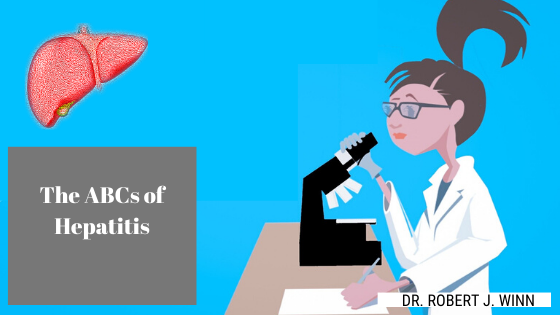Hepatitis is a viral infection that affects the liver. There are essential differences in the symptoms and treatments between the three types–Hepatitis A, B, and C.
Hepatitis A
The hepatitis A virus (HAV) is the least dangerous type because it rarely causes liver damage or death and does not result in chronic liver disease. Its symptoms include nausea, loss of appetite, vomiting, abdominal pain, diarrhea, fever, fatigue, joint pain, jaundice, dark-colored urine, and pale stools. Hepatitis A is typically spread when the feces of an infected person contaminate food or drink. The most significant risk factor for Americans is international travel to places where HAV is more common. Since a HAV vaccine was developed in 1995, infection rates in the United States have declined by over 95 percent. There is no specific treatment for HAV, but some people require treatment for the symptoms. Once a person has recovered from HAV, they are immune.
Hepatitis B
The hepatitis B virus (HBV) is a serious infection that can lead to liver scarring, liver failure, and cancer. A small number of people with HBV experience spontaneous remission, which means that the virus goes away on its own, and the person becomes immune. In other people, HBV leads to chronic liver infection. HBV is caused by contact with the bodily fluids of an infected person, such as during sex or childbirth. HBV cannot be cured, but there is a medication called interferon that treats liver inflammation. It can also be prevented through a vaccine.
Hepatitis C
The only way to contract Hepatitis C (HCV) is through contact with an infected person’s blood. The highest risk activities are sharing drug needles or tattoo and piercing equipment. Before 1992, it was possible to contract HCV through a blood transfusion in the United States. More rarely, HCV can be spread through sex, childbirth, and sharing personal care items. HCV is more likely to turn into a chronic condition than HBV and can lead to a liver transplant or cancer. There is no vaccine for HCV, but a new class of drugs called direct-acting antivirals (DAAs) has made HCV more curable than ever before.
The best treatment for any type of hepatitis is prevention. This means properly sanitizing food, practicing safe sex, never sharing needles, and getting vaccinated.


